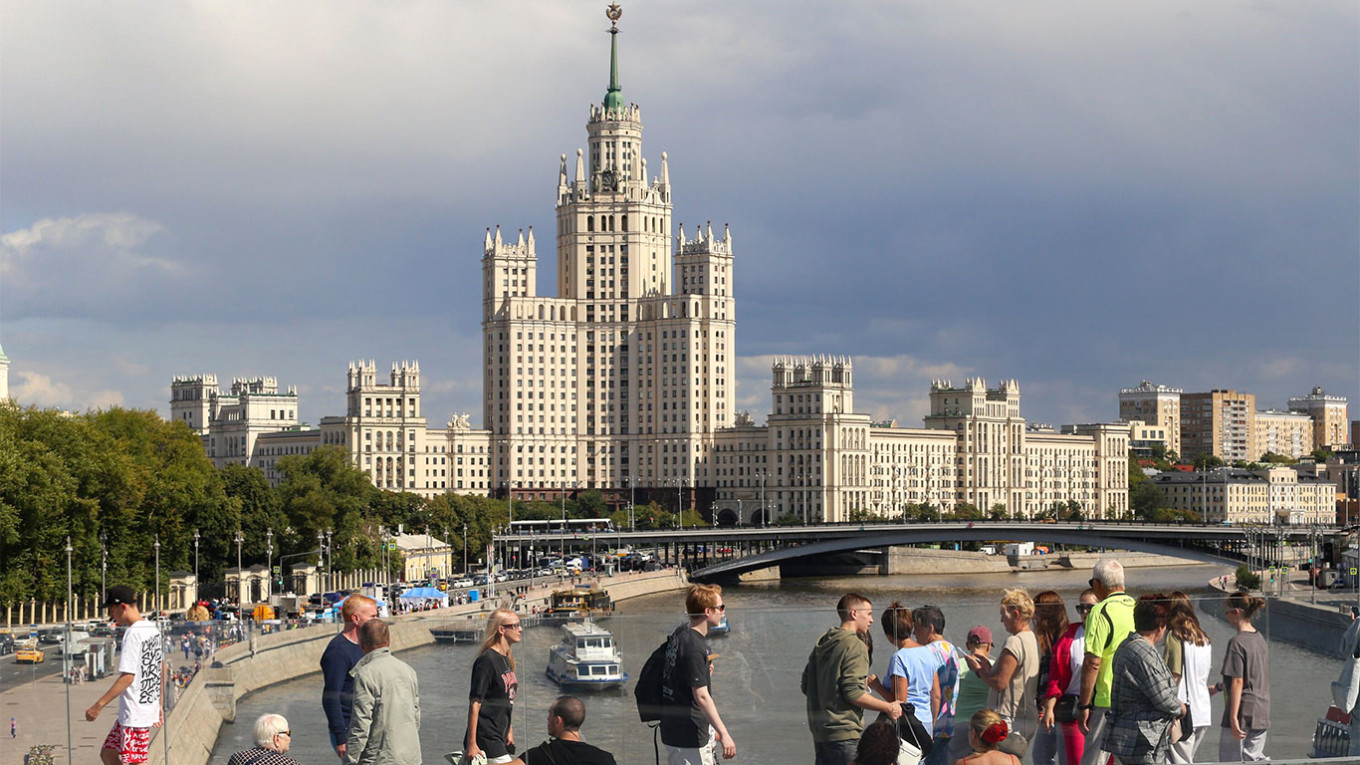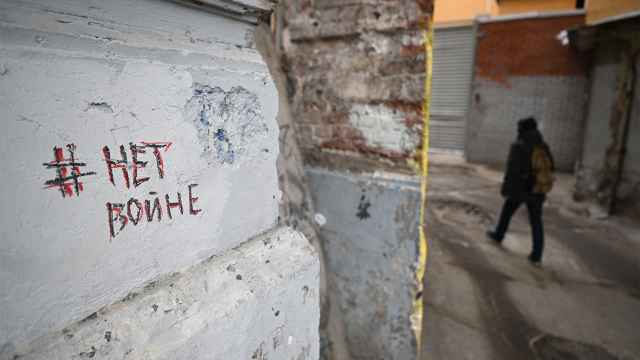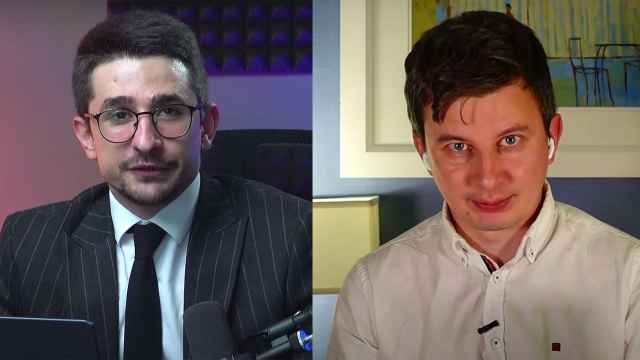I usually bite my tongue when it comes to criticizing fellow journalists. Let's face it, we're not short on critics. But it's hard to stay silent when I see them relying on street interviews, time and again, to tap into Russian sentiments about the war. Why are they still doing it?
Also known as “vox pops,” these might be great for getting opinions on the new neighborhood playground or the latest summer blockbuster. But when it comes to complex issues like war, it's a different ballgame. The stakes are higher, the nuances are deeper, and the potential for misrepresentation is vast.
Back in August 2022, in response to a video tweeted by Current Time, I argued that vox pops are possibly the worst format for covering war-related topics. The perspectives they represent are skewed, and the focus is often on the most outrageous opinions to ensure maximum views and shares. Anti-war sentiments from Russia are almost non-existent in these clips. The worst part is that these individuals are being filmed without consideration of the legal repercussions they might face.
Nowhere is this more clear than with the story of Yuri Kokhovets. In July 2022, he was one of the few brave souls who voiced their opinions to journalists from Radio Svoboda. He boldly said that the Russian government instigated the war and should be the one to end it, and said the Russian army killed "peaceful people" for "no reason" in Bucha. Fast forward to March 2023, and Kokhovets is in court facing criminal charges for spreading "fake news" about the army. All it took was a brief interview on the streets of Moscow, and he is looking at a potential 10 years behind bars.
Radio Svoboda said it wasn’t sure how Kokhovets’ identity was determined since his comments were anonymous. But let's be real. Personal data is traded like candy in Russia. Even the average person can identify someone from a photo, let alone special services. The FSB has access to the latest surveillance technology, which it is wielding to monitor citizens and crack down on dissent.
So, why do media outlets persist with street interviews in Moscow and other cities? Firstly, old habits die hard. Why change a method if it worked in the past? There’s also a certain apathy toward the fate of Russians who might end up in prison because of these videos. It's easy for journalists to say they were “just doing their job.” But is it morally right if they know the potential consequences?
Lastly, these videos are effective at attracting attention. They're simple, easy to produce, and they generate lots of traffic. The less balanced and more provocative the report, the better it seems to perform, especially when it feeds into the narrative that all Russians support the war.
But are these interviews truly representative of public opinion in Russia? They can’t be. Most people are aware of the consequences of speaking out and would avoid doing so on camera. Moreover, in a country where the older generation vividly remembers the Soviet era, there's a natural inclination for them to be wary and avoid foreign correspondents. Who does that leave to interview? The misinformed, the uninformed, and a tiny fraction of brave anti-war citizens. The result is a montage of pro-war sentiments that is shared eagerly online, furthering the stereotype that all Russians are warmongers.
Journalists working in Russia need to innovate. Relying on old, familiar methods in a rapidly changing political and technological landscape is a recipe for disaster. In the past, you could have a chat with a person in a crowd and never see them again. Today, with facial recognition and other technologies, anonymity is a myth.
Over time, journalistic methods and formats can become obsolete. Some, upon reflection, were never ideal to begin with. Street interviews, loved by many for their candidness and spontaneity, only work under conditions where people feel free to speak. In Russia’s current climate, these conditions simply don’t exist.
Journalists must ensure that people feel safe and confident to answer, that a variety of opinions are represented, and that viewers aren't misled into believing these views represent the majority. It's time for a change.
A Message from The Moscow Times:
Dear readers,
We are facing unprecedented challenges. Russia's Prosecutor General's Office has designated The Moscow Times as an "undesirable" organization, criminalizing our work and putting our staff at risk of prosecution. This follows our earlier unjust labeling as a "foreign agent."
These actions are direct attempts to silence independent journalism in Russia. The authorities claim our work "discredits the decisions of the Russian leadership." We see things differently: we strive to provide accurate, unbiased reporting on Russia.
We, the journalists of The Moscow Times, refuse to be silenced. But to continue our work, we need your help.
Your support, no matter how small, makes a world of difference. If you can, please support us monthly starting from just $2. It's quick to set up, and every contribution makes a significant impact.
By supporting The Moscow Times, you're defending open, independent journalism in the face of repression. Thank you for standing with us.
Remind me later.








